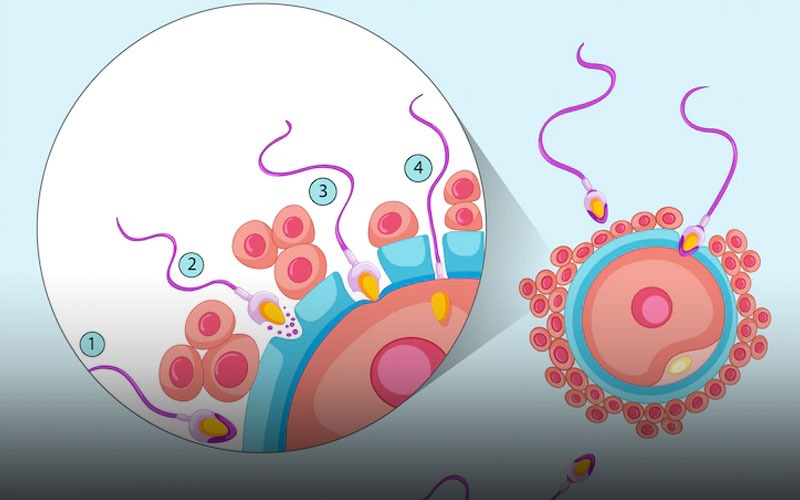Booking your first consultation with an andrologist can be a crucial step towards addressing various men’s health issues, from erectile dysfunction to infertility. Understanding what to expect during this consultation can alleviate any anxiety and help you prepare for a productive appointment. Here’s a detailed overview of what typically happens during an andrology consultation.

1. Pre-Consultation Preparation
Gather Your Medical History
Before your appointment, collect any relevant medical records, including:
- Previous diagnoses and treatments.
- Current medications and supplements.
- Family medical history, particularly related to reproductive health.
Prepare Your Questions
Write down any questions or concerns you have about your symptoms, potential treatments, or general health. This ensures you cover all your points during the consultation.
Follow Pre-Appointment Instructions
If the andrologist's office provides specific instructions, such as fasting before certain tests, be sure to follow them to ensure accurate results.
2. Arrival and Check-In
Administrative Procedures
- Check-In: Arrive a few minutes early to complete any necessary paperwork.
- Insurance and Payment: Present your insurance card and be prepared to handle any co-payments.
Initial Health Assessment
You may be asked to fill out a detailed questionnaire about your symptoms, lifestyle, and medical history.
3. The Consultation Process
Initial Discussion
The andrologist will start with a discussion to understand your concerns. Expect questions about:
- Symptoms: Duration, frequency, and severity.
- Lifestyle: Diet, exercise, alcohol, and tobacco use.
- Sexual Health: Sexual activity, any issues with performance or libido.
- Medical History: Past illnesses, surgeries, and family history.
Physical Examination
A physical examination might be conducted to check for any physical abnormalities. This can include:
- General Physical Exam: Checking vital signs like blood pressure, heart rate, and weight.
- Genital Examination: Inspecting the penis, scrotum, and testicles for any lumps, lesions, or abnormalities.
- Prostate Examination: For older patients or those with urinary issues, a digital rectal exam (DRE) may be performed to assess the prostate gland.
Diagnostic Tests
Depending on your symptoms, the andrologist might recommend several tests, such as:
- Blood Tests: To check hormone levels, blood sugar, and other health indicators.
- Urine Tests: To identify infections or other urological conditions.
- Semen Analysis: For evaluating sperm count and quality in cases of infertility.
- Imaging Studies: Ultrasound or MRI to visualize the reproductive organs and detect any structural issues.
4. Discussing Findings and Treatment Options
Review of Results
Once the andrologist has gathered sufficient information, they will discuss their findings with you. This may include:
- Diagnosis: Identifying the condition causing your symptoms.
- Treatment Plan: Outlining possible treatments, which can range from medication and lifestyle changes to surgical options.
Treatment Recommendations
The andrologist will recommend a personalized treatment plan, which could include:
- Medications: Such as phosphodiesterase inhibitors for erectile dysfunction or hormonal therapy for hypogonadism.
- Lifestyle Modifications: Diet changes, exercise, smoking cessation, and stress management.
- Surgical Interventions: If necessary, for conditions like varicoceles or severe cases of Peyronie’s disease.
Follow-Up Plan
Depending on your condition, the andrologist may schedule follow-up appointments to monitor your progress and adjust the treatment plan as needed.
5. Post-Consultation
Implementing the Treatment Plan
- Medication Adherence: Follow the prescribed medication regimen.
- Lifestyle Changes: Implement recommended lifestyle adjustments.
- Monitoring Symptoms: Keep track of any changes in your symptoms and overall health.
Ongoing Communication
Stay in touch with your andrologist’s office for any questions or concerns that arise after your appointment. Regular communication can help manage your condition more effectively.
Scheduling Follow-Up Visits
Ensure you attend all follow-up appointments to track your progress and make necessary adjustments to your treatment plan.
Conclusion
An andrology consultation is a comprehensive process designed to address your specific health concerns with a focus on male reproductive and urological health. By understanding what to expect and preparing accordingly, you can ensure a productive and positive experience. Taking this proactive step towards addressing your health concerns is essential for maintaining and improving your overall well-being.
Comments
Post a Comment